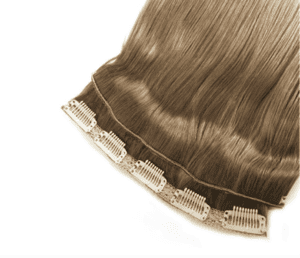The hair extension industry is a multi-billion dollar global industry that has been growing rapidly in recent years. As demand for hair extensions continues to increase, so does the need for ethical sourcing practices. The importance of ethical sourcing in the hair extension industry cannot be overstated, as it impacts not only the environment but also the lives of those who work in the industry.
In this article, we will delve deeper into the importance of ethical sourcing in the hair extension industry. We will explore the impact of unethical sourcing practices, the benefits of ethical sourcing, and the future of ethical sourcing in the industry. We will also provide tips on how consumers can support ethical sourcing and encourage companies to prioritize sustainability and social responsibility.
1. What is Ethical Sourcing in the Hair Extension Industry?
Ethical sourcing in the hair extension industry refers to the responsible and sustainable sourcing of human hair. It encompasses a range of practices, including fair labor practices, sustainable sourcing, and respect for human rights.
2. The Impact of Unethical Sourcing Practices
Unethical sourcing practices can have a range of negative impacts on both the environment and the people involved in the industry. Many hair extensions are sourced from developing countries where labor laws may not be enforced and workers may be paid low wages. In addition, the demand for hair extensions has led to over-harvesting and deforestation in some areas.
Exploitation of Workers
One of the most significant impacts of unethical sourcing practices is the exploitation of workers. Many hair extensions are sourced from developing countries where workers may be paid low wages and forced to work in unsafe or unhealthy conditions. This can have a range of negative impacts on workers' physical and mental health, as well as their economic stability.
Pollution and Environmental Damage
The production of hair extensions can also lead to pollution and environmental damage. Chemicals used in the processing of hair can contaminate water sources and harm wildlife, while the disposal of waste products can contribute to landfills and other forms of pollution.
3. The Benefits of Ethical Sourcing
Ethical sourcing practices in the hair extension industry can have a range of benefits, both for the environment and for the people involved in the industry.
Environmental Sustainability
Ethical sourcing practices can help to reduce the negative impacts of the hair extension industry on the environment. Sustainable sourcing practices, such as sourcing hair from verified and ethical sources, can help to protect natural resources and biodiversity.
Fair Labor Practices
Ethical sourcing practices also prioritize fair labor practices, including providing safe and healthy working conditions, paying workers fair wages, and respecting their human rights. This can help to improve the economic stability and well-being of workers involved in the industry.
Social Impact
Ethical sourcing practices can also have positive social impacts, such as supporting local economies and empowering marginalized communities. By sourcing hair from developing countries and providing fair wages and safe working conditions, the hair extension industry can help to improve the economic stability and well-being of these communities.
4. The Future of Ethical Sourcing in the Hair Extension Industry
As consumers become more aware of the impact of their purchasing decisions, the demand for ethically sourced hair extensions is likely to increase. This will require the industry to adopt more sustainable and responsible practices, including sourcing hair from verified and ethical sources and implementing fair labor practices.
Emerging Trends and Innovations
The hair extension industry is seeing a growing trend towards sustainable and ethical sourcing practices, with more companies seeking to source hair from ethical and sustainable sources. Additionally, new innovations such as synthetic hair extensions and upcycled hair extensions are emerging as potential alternatives to traditional human hair extensions.
Regulatory Landscape
The regulatory landscape around ethical sourcing in the hair extension industry is also evolving, with new regulations and standards being introduced to promote responsible and sustainable sourcing practices. For example, the Responsible Mica Initiative has introduced standards for the ethical sourcing of mica, which is commonly used in the production of hair extensions.
5. How to Support Ethical Sourcing in the Hair Extension Industry
Consumers have an important role to play in supporting ethical sourcing in the hair extension industry. By making conscious purchasing decisions and supporting companies that prioritize sustainability and social responsibility, consumers can help to drive demand for ethically sourced hair extensions.
Consumer Actions and Purchasing Decisions
Consumers can take a range of actions to support ethical sourcing in the hair extension industry, such as researching the sourcing practices of different companies and choosing products that are certified as ethically sourced. Additionally, consumers can choose to support companies that prioritize sustainability and social responsibility, and advocate for ethical sourcing practices through social media and other channels.
Corporate Social Responsibility and Transparency
Companies also have a responsibility to prioritize sustainability and social responsibility in their sourcing practices. This includes implementing fair labor practices, using sustainable materials, and promoting transparency and accountability throughout the supply chain.
Collaboration and Collective Action
Collaboration and collective action can also help to drive change in the hair extension industry. By working together, companies, consumers, and other stakeholders can advocate for ethical sourcing practices and promote sustainable and responsible practices throughout the industry.
6. Conclusion
The hair extension industry has the potential to be a positive force for both the environment and the people involved in the industry. By adopting ethical sourcing practices, we can ensure that the industry is sustainable and responsible, and that workers are treated fairly and with respect. As consumers and industry stakeholders, we have a responsibility to demand ethical sourcing practices and to support companies that prioritize sustainability and social responsibility.








